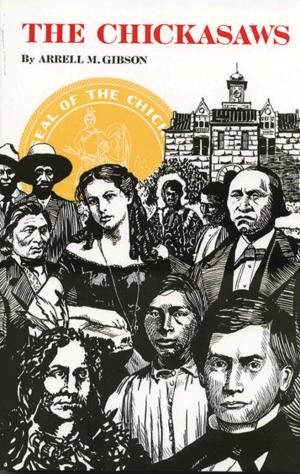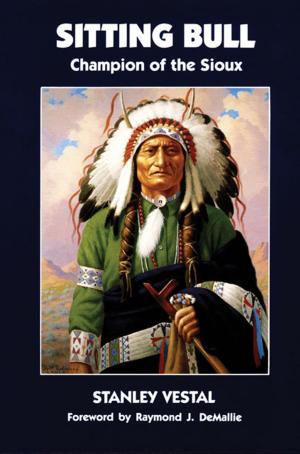Gunfight at the Eco-Corral
Western Cinema and the Environment
Nonfiction, Entertainment, Film, History & Criticism, Performing Arts, Science & Nature, Nature, Environment, Environmental Conservation & Protection| Author: | Robin L. Murray, Joseph K. Heumann | ISBN: | 9780806187396 |
| Publisher: | University of Oklahoma Press | Publication: | October 1, 2012 |
| Imprint: | University of Oklahoma Press | Language: | English |
| Author: | Robin L. Murray, Joseph K. Heumann |
| ISBN: | 9780806187396 |
| Publisher: | University of Oklahoma Press |
| Publication: | October 1, 2012 |
| Imprint: | University of Oklahoma Press |
| Language: | English |
Most film critics point to classic conflicts—good versus evil, right versus wrong, civilization versus savagery—as defining themes of the American Western. In this provocative examination of Westerns from Tumbleweeds (1925) to Rango (2011), Robin L. Murray and Joseph K. Heumann argue for a more expansive view that moves beyond traditional conflicts to encompass environmental themes and struggles. The environment, after all, is the fundamental stage for most western stories, from land rush dramas that pit “sod busters” against ranchers to conflicts between mining-town communities and corporations. Because environmental issues lie at the forefront of so many conflicts today, Murray and Heumann believe that the Western is ripe for such new examination.
Drawing on perspectives from both film studies and environmental history, the authors show how western films frequently deal with issues related to land use and different ways of looking at the natural world. In films as diverse as Gene Autry musicals, early John Wayne B-Westerns, and revisionist critiques such as the 2010 remake of True Grit, resources are exploited in the name of progress. Beginning with an analysis of two iconic Westerns, Shane and The Searchers, Murray and Heumann identify the environmental dichotomies—previously overlooked by critics—that are broached in both films, and they clarify the history that lies behind the environmental debates in these films and many others.
How do Westerns respond to the historical contexts they present? And what do those responses suggest about American views of nature and its exploitation? The conflicts these movies address grow out of differing views of progress, frequently in relation to technology. The authors show that such binary oppositions tend to blur when examined closely, demonstrating that environmental issues are often more complex than we realize.
Most film critics point to classic conflicts—good versus evil, right versus wrong, civilization versus savagery—as defining themes of the American Western. In this provocative examination of Westerns from Tumbleweeds (1925) to Rango (2011), Robin L. Murray and Joseph K. Heumann argue for a more expansive view that moves beyond traditional conflicts to encompass environmental themes and struggles. The environment, after all, is the fundamental stage for most western stories, from land rush dramas that pit “sod busters” against ranchers to conflicts between mining-town communities and corporations. Because environmental issues lie at the forefront of so many conflicts today, Murray and Heumann believe that the Western is ripe for such new examination.
Drawing on perspectives from both film studies and environmental history, the authors show how western films frequently deal with issues related to land use and different ways of looking at the natural world. In films as diverse as Gene Autry musicals, early John Wayne B-Westerns, and revisionist critiques such as the 2010 remake of True Grit, resources are exploited in the name of progress. Beginning with an analysis of two iconic Westerns, Shane and The Searchers, Murray and Heumann identify the environmental dichotomies—previously overlooked by critics—that are broached in both films, and they clarify the history that lies behind the environmental debates in these films and many others.
How do Westerns respond to the historical contexts they present? And what do those responses suggest about American views of nature and its exploitation? The conflicts these movies address grow out of differing views of progress, frequently in relation to technology. The authors show that such binary oppositions tend to blur when examined closely, demonstrating that environmental issues are often more complex than we realize.















